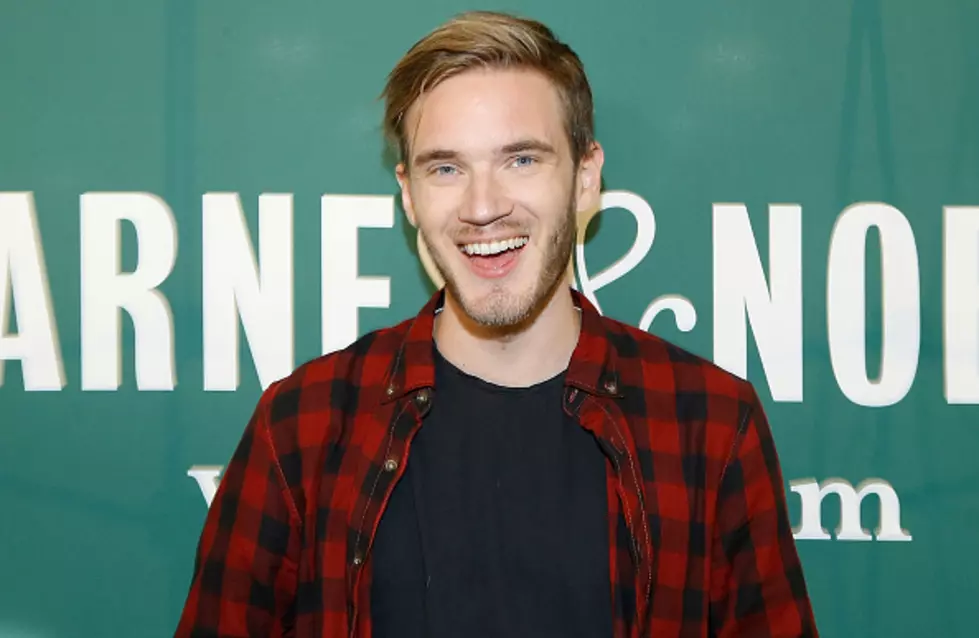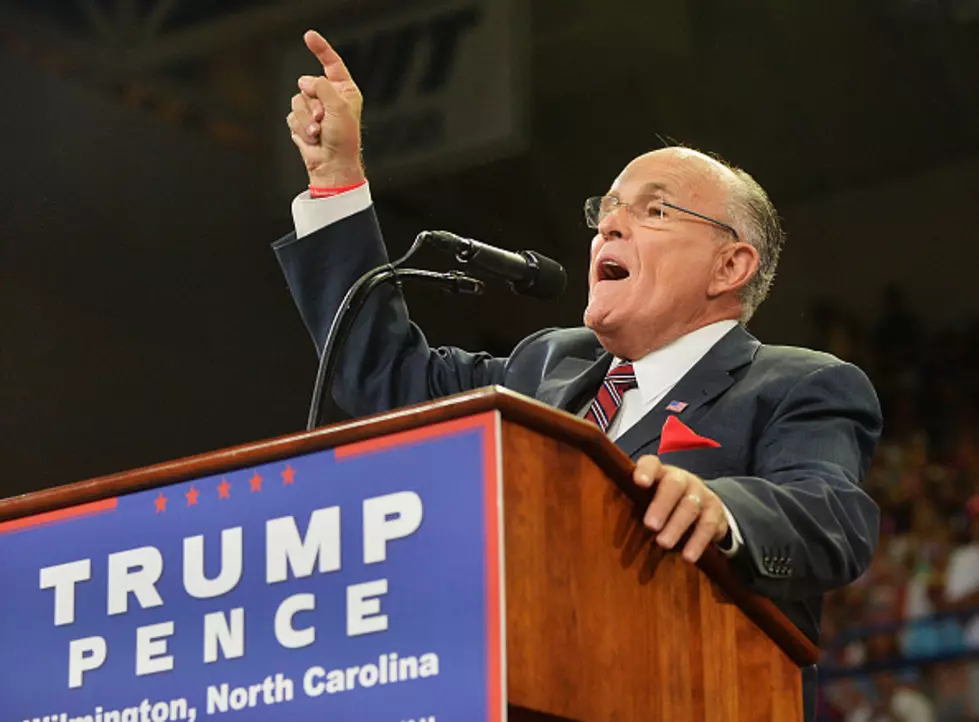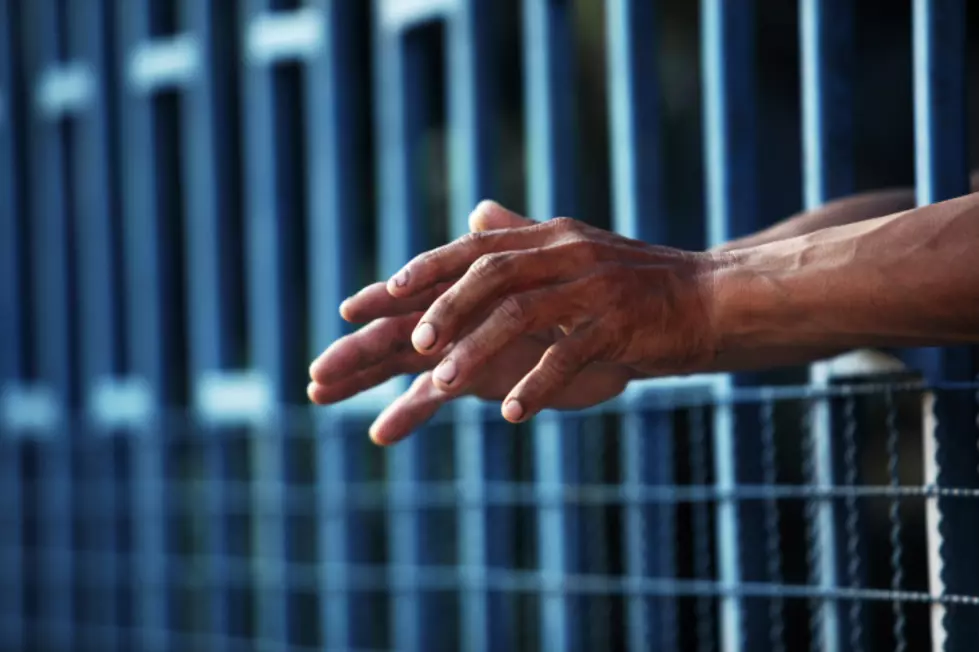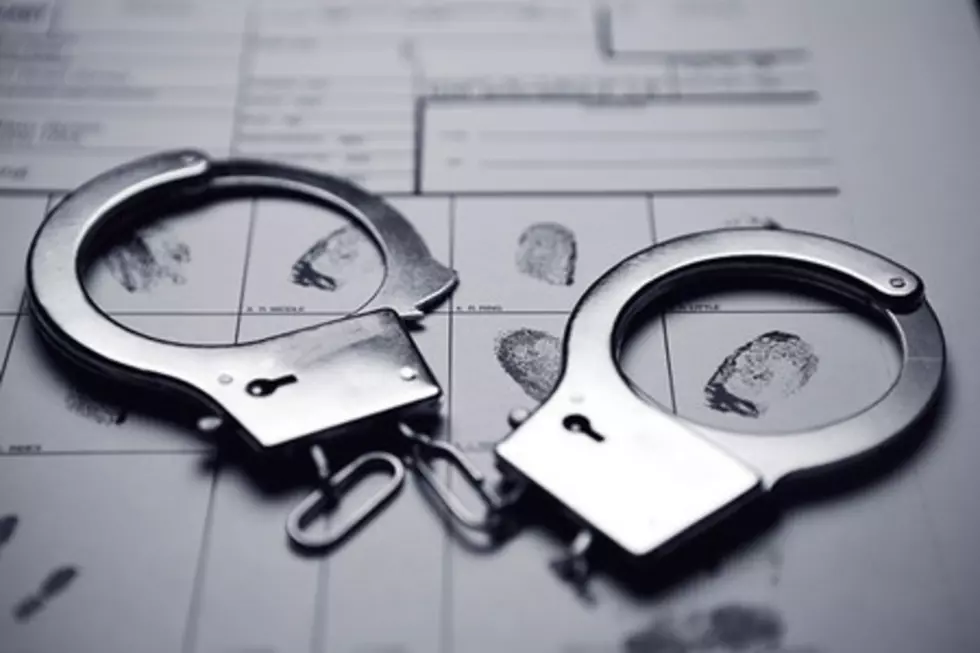
Japan: Still working to free hostages after unverified video
TOKYO (AP) -- Prime Minister Shinzo Abe said early Sunday that Japan was still working to free two hostages held by the extremist Islamic State group while calling a new online video about their fate "outrageous and unforgiveable."
The purported message claimed one of the Japanese hostages had been killed and demanded a prisoner exchange for the other. But the post was deleted quickly Saturday, and militants on a website affiliated with the Islamic State group disagreed about the message's authenticity.
The Associated Press could not verify the contents of the message, which varied greatly from previous videos released by the Islamic State group, which now holds a third of both Syria and Iraq.
Citing the release of the photo purporting to show hostage Haruna Yukawa had been killed, Abe said after a late-night Cabinet meeting: "Such an act of terrorism is outrageous and unforgivable. We feel strong resentment, and strongly condemn the act."
Defense Minister Gen Nakatani said officials were still working to verifying the video and a photo shown on it.
Patrick Ventrell, a spokesman for the White House National Security Council, said U.S. intelligence officials were working also to confirm whether it was authentic. "We stand in solidarity with Japan and are coordinating closely," he said, and called for the immediate release of people held by the Islamic State group.
Abe said the government of Japan will not succumb to terrorism and will continue to cooperate with the international community in the fight against terrorism. He said Japan is still taking every possible step to win the release of both hostages and will continue the effort.
The Islamic State group had threatened on Tuesday to behead the men within 72 hours unless it received a $200 million ransom.
Japan has scrambled for a way to secure the release of 47-year-old Kenji Goto, a journalist, and Yukawa, a 42-year-old adventurer fascinated by war. Japanese diplomats had left Syria as the civil war there escalated, adding to the difficulty of contacting the militants holding the hostages.
Abe had a telephone call with Jordanian King Abullah II on Saturday, the state-run Petra news agency reported, without elaborating on what they discussed. He also called the two hostages' families.
One militant on the Islamic State-affiliated website warned that Saturday's new message was fake, while another said that the message was intended only to go to the Japanese journalist's family.
A third militant on the website noted that the video was not issued by al-Furqan, which is one of the media arms of the Islamic State group and has issued past videos involving hostages and beheadings. Saturday's message did not bear al-Furqan's logo.
The militants on the website post comments using pseudonyms, so their identities could not be independently confirmed by the AP. However, their confusion over the video matched that of Japanese officials and outside observers.
Kyodo News agency reported that the same video has been emailed to the wife of one of the hostages.
Japanese officials have not directly said whether they are considering paying any ransom. Japan has joined other major industrial nations in opposing ransom payments. U.S. and British officials said they advised against paying.
Goto's mother, Junko Ishido, told Japanese public broadcaster NHK in a televised interview that Goto, in the purported message, "seemed to be taking seriously about what may be happening to him as well.
"This is no time to be optimistic," said Ishido.
Militants affiliated with the Islamic State group posted an online warning Friday afternoon that the "countdown has begun" for the extremists to kill 47-year-old Kenji Goto and 42-year-old Haruna Yukawa. The extremists had set a 72-hour deadline for Prime Minister Shinzo Abe to pay the ransom, or the hostages would be killed, in an online video posted Tuesday.
Friday's posting, which appeared on a forum popular among Islamic State militants and sympathizers, did not show any images of the hostages, who are believed to be held somewhere in Syria.
Yasuhide Nakayama, a deputy foreign minister sent to Amman, Jordan, said he was working around the clock to coordinate efforts to save the hostages.
"We will not rule out any possibility, and we are verifying all information thoroughly," he said. "We will not give up. I believe it is my duty to ensure we will definitely get them back home, and I will do my utmost to do so."
Yet, the fate of the two men remained unclear Saturday.
Top government spokesman Yoshihide Suga said Japan was analyzing the second message.
"The situation remains severe, but we are doing everything we can to win the release of the two Japanese hostages," Suga said. He said Japan is using every channel it can find, including local tribal chiefs, to try to reach the captors.
He said there has been no direct contact with the captors.
Abe met Friday with his National Security Council on the crisis. Government spokesman Kenko Sone said Japan had no plans to dispatch troops on a rescue mission, saying its pacifist constitution bans any pre-emptive strike, even under a new interpretation adopted last year that's intended to expand the country's military role.
Japan has scrambled for a way to secure the release of Goto, a journalist, and Yukawa, an adventurer fascinated by war. Japanese diplomats had left Syria as the civil war there escalated, adding to the difficulty of contacting the militants holding the hostages.
Worshippers at Tokyo's largest mosque on Friday offered prayers for the two hostages.
"All Muslims in Japan, we want the Japanese hostages to be saved as soon as possible," said Sandar Basara, a worker from Turkey.
Goto's mother made an appeal for his rescue.
"Time is running out. Please, Japanese government, save my son's life," said Junko Ishido. "My son is not an enemy of the Islamic State."
Ishido said she was astonished and angered to learn from her daughter-in-law that Goto had left for Syria less than two weeks after his child was born in October to try to rescue Yukawa.
Suga said earlier the government had confirmed the identities of the two hostages despite discrepancies in shadows and other details in the ransom video that suggested it might have been altered.
Japanese officials have not directly said whether they are considering paying any ransom. Japan has joined other major industrial nations in the Group of Seven in opposing ransom payments. U.S. and British officials said they advised against paying.
© 2015 The Associated Press. All rights reserved. This material may not be published, broadcast, rewritten or redistributed. Learn more about our Privacy Policy and Terms of Use.
More From New Jersey 101.5 FM









